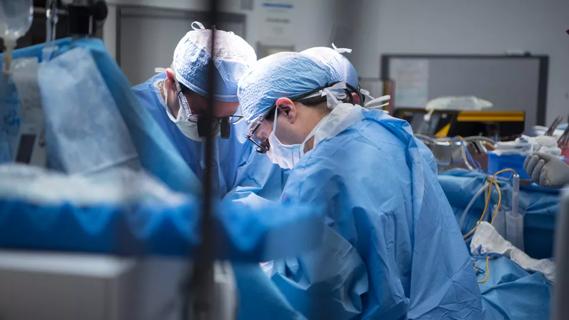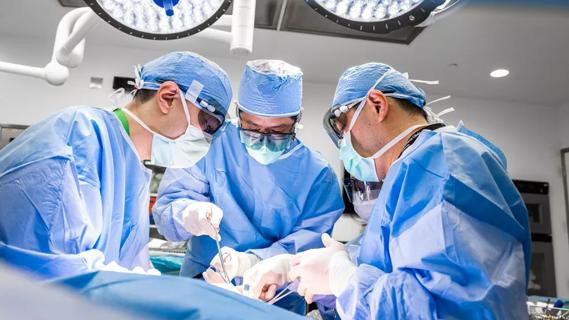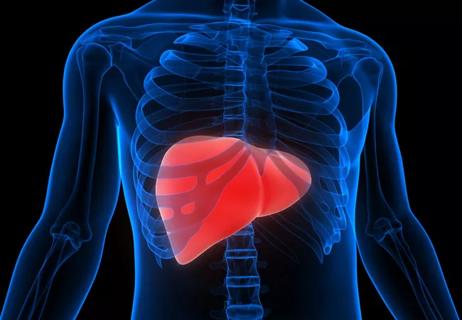The short answer from Scott Steele, MD

Q: Do patients needing a multivisceral resection for rectal cancer have worse oncologic outcomes than patients undergoing only abdominoperineal resection (APR)?
Advertisement
Cleveland Clinic is a non-profit academic medical center. Advertising on our site helps support our mission. We do not endorse non-Cleveland Clinic products or services. Policy
A: We know that advanced cancers sometimes invade other structures and we have to, as part of a good oncological operation, resect other organs.
The goal of a recent study in the American Journal of Surgery was to see if there are worse oncological outcomes or overall outcomes depending on the approach — whether only the rectum is removed, or the rectum and other organs.
What we found was that by adhering to proper oncological operations, both APR and multivisceral resections can be safely performed with low morbidity and without compromising any overall cancer outcomes.
There’s no question that when patients undergo multivisceral resection, in general, there is a trend toward lower overall survival, but we found their oncological outcomes are similar.
The take-home point? Advanced tumors often times are in sicker people, or they have more going on and their overall survival may change. But our study found that if you followed good cancer surgery principles, their cancer outcomes are pretty much equivalent.
— Scott R. Steele, MD
Chairman, Colorectal Surgery
Advertisement
Advertisement

Strong patient communication can help clinicians choose the best treatment option

ctDNA should be incorporated into care to help stratify risk pre-operatively and for post-operative surveillance

The importance of raising awareness and taking steps to mitigate these occurrences

New research indicates feasibility and helps identify which patients could benefit

Treating a patient after a complicated hernia repair led to surgical complications and chronic pain

Standardized and collaborative care improves liver transplantations

Fewer incisions and more control for surgeons

Caregiver collaboration and patient education remain critical